Driving laws tipped to change for medicinal cannabis patients
Medicinal cannabis users in NSW with a valid prescription could soon be able to drive with cannabis in their system, under proposed changes the Minns government is tipped to support.
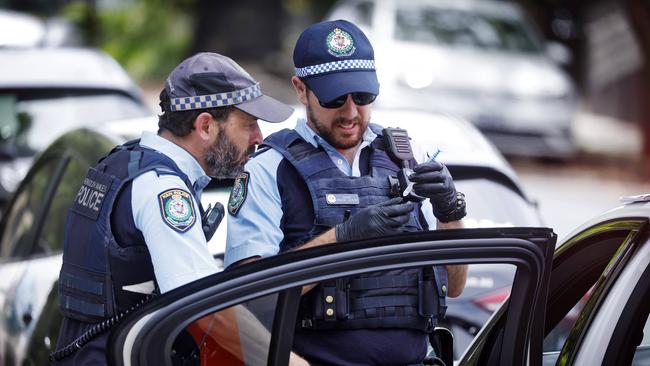
News
Don't miss out on the headlines from News. Followed categories will be added to My News.
Medicinal cannabis users in NSW with a valid prescription could soon be able to drive with THC in their system provided they are not impaired, under proposed changes the Minns government is tipped to support.
While medicinal cannabis is legal in NSW, it is currently illegal to drive with any trace of THC regardless of impairment level.
Upper house Legalise Cannabis MP Jeremy Buckingham has proposed an amendment to new government post-crash drug and alcohol reforms which would allow a valid prescription for medicinal cannabis as a legal defence should a driver be found with THC in their system during drug testing.
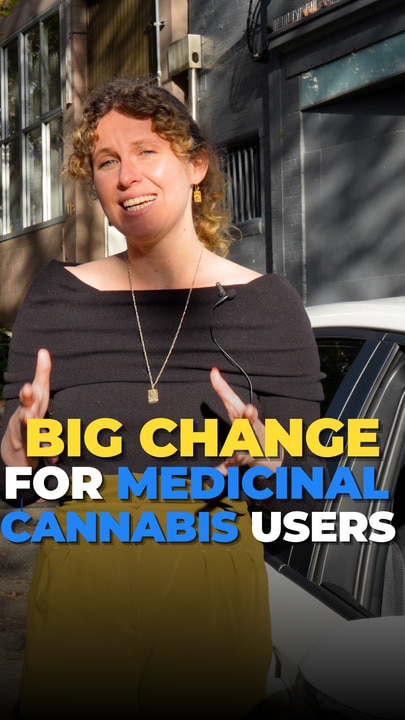
Mr Buckingham has said he will pull the amendment after receiving a commitment from the government to act on the issue this year.
“This reform is urgent – the time has come to legislate and enact reform that ends the discrimination against legitimate medicinal cannabis users in NSW,” Mr Buckingham told The Daily Telegraph.
“They should be able to drive if they are not impaired.”
“I will probably pull my amendments because the government has made a commitment to resolve this issue in the short term.”
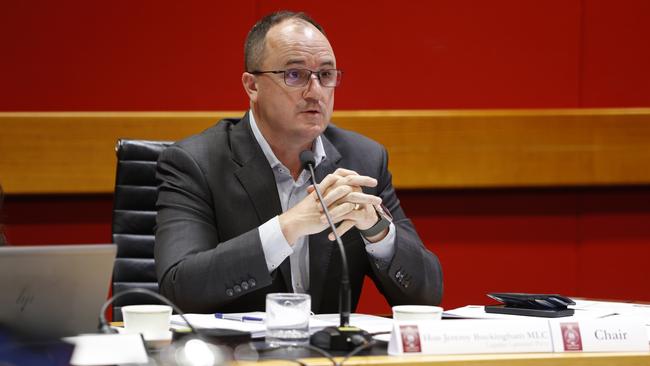
The changes were also recommendations in the government’s NSW Drug Summit report released in April.
The government is unlikely to legislate the changes until after it gives its formal response to the report’s recommendations.
When asked if the Minns government would support Mr Buckingham’s amendment a spokesperson for Roads Minister Jenny Aitchison said “the NSW government’s response to the recommendations is still under consideration”.
“The Government proposes to fully consider emerging research and approaches to ensure that road safety for all road users is not compromised.”
Currently Tasmania is the only state where a person can legally drive with medicinal cannabis in their system.
New laws have also come into effect in Victoria this year allowing a magistrate to decide not to suspend a person’s licence if they have a prescription and were not impaired.

The move to allow drivers to have THC in their system is controversial. Bridget Sakr, the mother of 11-year-old Veronique, who died alongside her three cousins when a car mounted the kerb in the northwest suburb of Oatlands in 2020, said there should be a no tolerance approach to drivers with THC in their system, as safety of those on the road cannot be guaranteed.
Samuel Davidson who was behind the wheel during the Oatlands crash was under the influence of alcohol, MDMA and cocaine at the time.
“You should not be driving under the influence of any cannabis, even if it is medicinal,” she said.
“How can the amounts people take be monitored? Is there a limit? What is the definition of impairment?
“It’s about the safety of the driver and the other people around – everyone has an obligation to make sure you get home safe.”
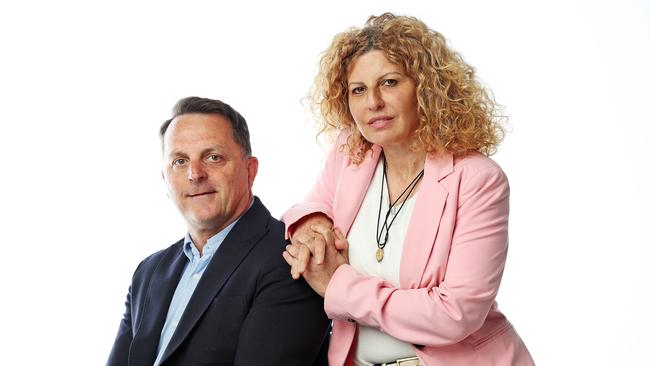
Yet advocates of the changes say they will bring medicinal cannabis in line with other prescription medication such as opioids and benzodiazepines.
Southern Cross University dean of law and former magistrate David Heilpern said there was currently no evidence from the law changes in Tasmania that road trauma in the state had increased.
“The average person with a medicinal cannabis prescription is a middle-aged woman with chronic pain or PTSD who is taking medication at night to assist with sleeping and recovery,” he said.
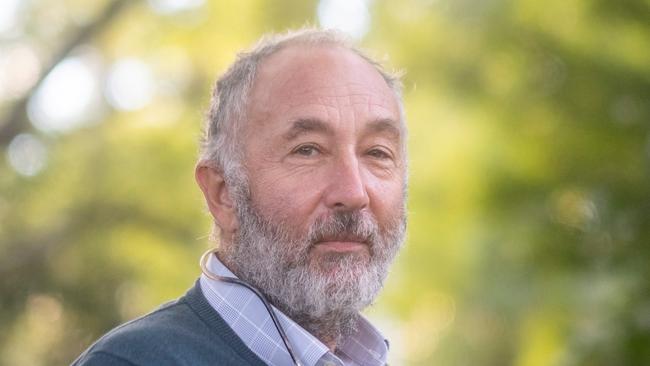
“Impairment should not be determined by the amount of the drug you have in your system … if a doctor provides you a prescription for valium and you use it in accordance with your prescription you are still able to drive (after the indicated time period).”
Mr Heilpern said definitions of impairment are currently assessed by police and emergency services while on the ground.
Opposition Transport spokeswoman Natalie Ward said any commitment by the government to legalise driving with cannabis in the system was “surprising” given “the increased road toll and decreased road safety budget”.
Yet the deputy Liberal leader did not rule out supporting the changes.
“I would need to see details of the government’s proposed bill to legalise driving while under the influence of cannabis,” she said.
Originally published as Driving laws tipped to change for medicinal cannabis patients



